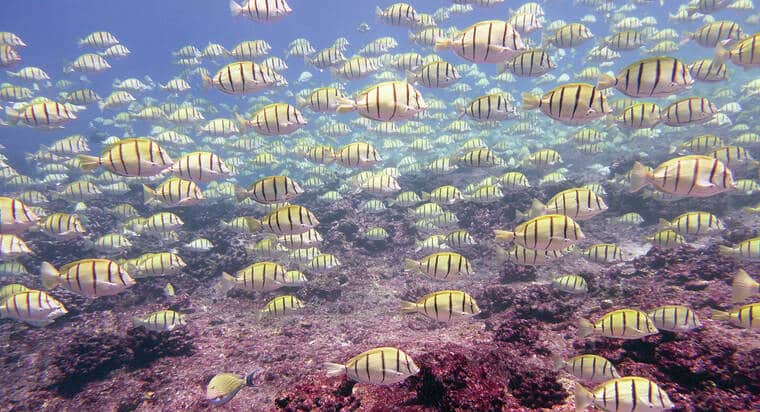
1. Scientists Discover New Species of Marine Life in the Pacific Ocean
A group of scientists from the National Oceanic and Atmospheric Administration (NOAA) have recently made an astounding discovery in the Pacific Ocean. During a research expedition, they stumbled upon a previously unknown species of marine life, leaving the scientific community buzzing with excitement. Scientists have named the newfound species “Pacificus aquatica” due to its habitat and geographical location.
The Pacificus aquatica is a small marine creature with a vibrant purple coloration and is believed to occupy a specific ecological niche within the Pacific Ocean. Its unique characteristics and behavior have already captured the attention of scientists around the world. According to a report by the NOAA, the Pacificus aquatica exhibits fascinating social behaviors, organizing into complex colonies and communicating through a series of clicks and chirps. These intricate behaviors suggest a highly evolved species capable of advanced communication and social interaction
Thank you for your generous gift that will help us continue the production of this weekly, free publication

2. Did Plastic Straw Bans Work? Yes, but Not in the Way You’d Think
Plastic straw bans are alive and well today, but eliminating plastic straws is no longer the goal of the anti-plastic movement. Part of that is the result of the existing bans’ success: For many consumers, the absence of plastic straws has become normal. Now, anti-plastic advocates hope to harness in new ways the outrage they once inspired. The anti-plastic straw movement advanced awareness and understanding of other single-use products.
Seven states have placed some form of ban on plastic bags. The U.S. Interior Department stated that single-use plastic products will be phased out of national parks and around 480 million acres of federal land by 2032. In 2022, the Canadian federal government implemented a single-use plastics ban that included bags, cutlery, food service ware, and stir sticks. It’s not really the item, it’s the material that’s the problem, “All plastic is pollution by design.”
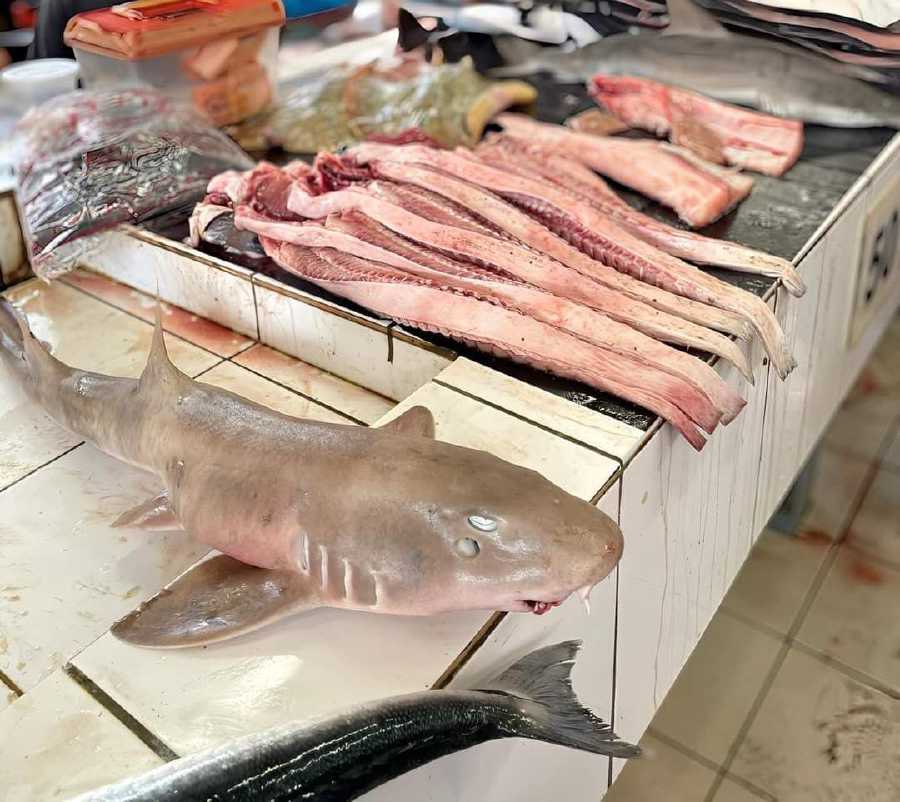
3. More Protection Needed for Endangered Marine Species in Sabah
SEMPORNA: The Sabah diving community called for solutions to address the selling of marine species including those endangered species sold at Semporna Fish Market here. An incident sparked concerns when a Facebook user Luma Duyung Semporna shared several pictures of marine species such as devil rays, bamboo sharks, blacktip sharks, porcupine fish, blue spotted stingrays, and parrotfish on social media yesterday.
The sale of endangered species like devil rays and bamboo sharks at the Semporna wet market undermines the very essence of conservation efforts and sustainable tourism. We need stronger enforcement and stricter penalties for those involved in the illegal capture and trade of endangered marine species. Protecting our marine life is not just about preserving the charm of diving destinations; it is about safeguarding the ecological balance of our oceans.
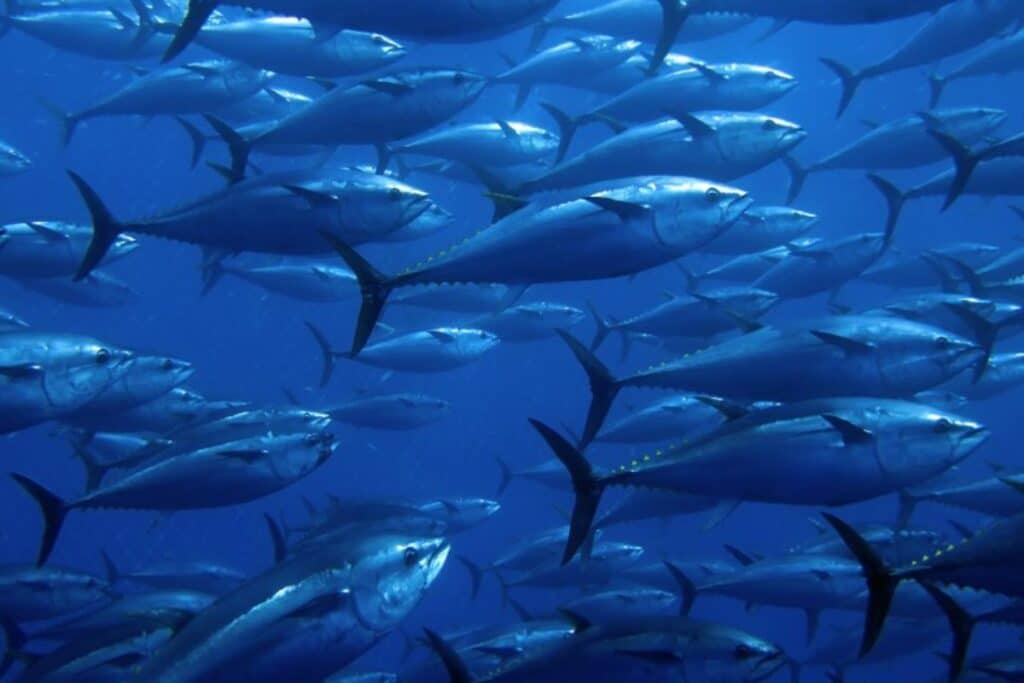
4. New Fishing Standards for Walmart USA
Walmart announced more robust standards to improve transparency and data gathering in the tuna supply chain addressing issues such as accidental catch of non-targeted species, illegal fishing, and abandonment of fishing gear, all which continue to threaten ocean ecosystems.
The enhanced seafood policy covers Walmart USA, Walmart Canada, and Sam’s Club suppliers and asks tuna suppliers to source exclusively from vessels that have 100 percent observer monitoring (electronic monitoring or human observer) by 2027 and to source from fisheries using zero high seas transshipment unless the transshipment activity is covered by 100 percent observer monitoring (electronic monitoring or human coverage) by 2027.
Walmart’s new sourcing requirements build on purposeful collaborations and a commitment to systemic change. With its updated seafood policy, the supermarket can help lay the foundation for a more resilient and transparent tuna supply chain that allows people and the planet to thrive
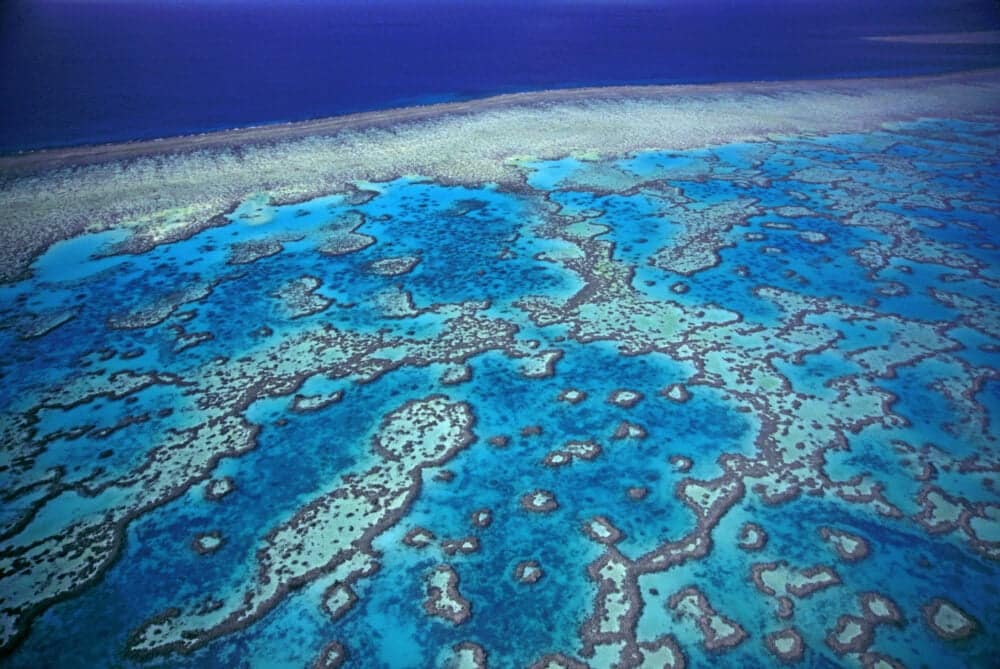
5. Experts Demand New Great Barrier Reef Plan
“Management of the (reef) will need to change; it cannot be business as usual; it cannot be the priorities and investments outlined today; it cannot be spending money because that is where it is spent today,” the governments were told. Panel chair and former Australian chief scientist Ian Chubb said existing approaches weren’t flexible enough to cope with the pace of global warming and he warned of difficult choices ahead.
“Decision-making for conservation and sustainable use of the (reef) will need to be more selective and questions need to be asked, such as which region/s should be the focus of attention – which reefs, which corals, which species, which ecosystems?” Prof Chubb wrote. The Australian Academy of Science expressed similar concerns in a report published on Thursday. It said potentially irreversible climate impacts were likely for the reef by about 2050, even if emissions stabilised.
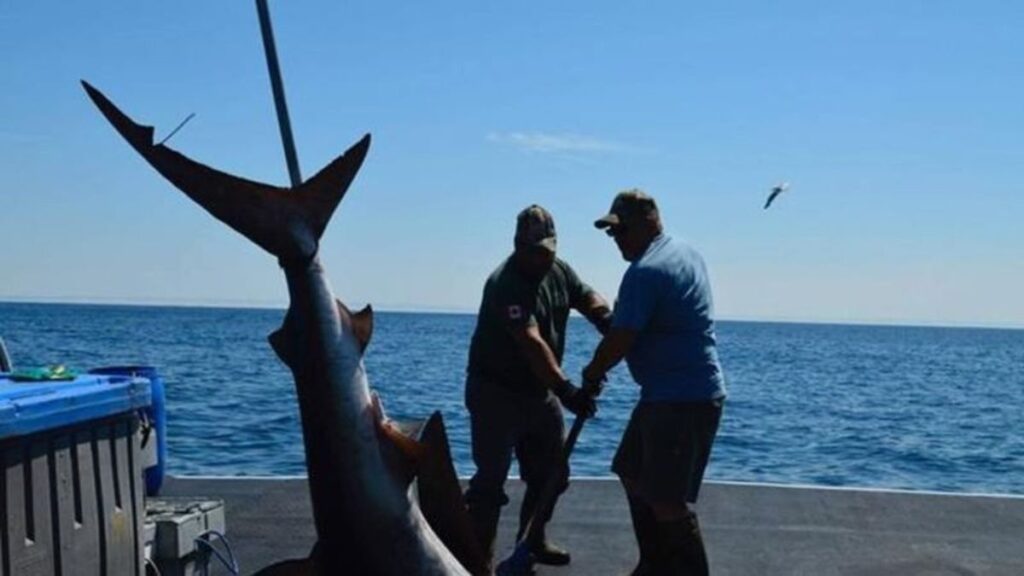
6. New Government Rules End Nova Scotia’s Shark-Fishing Derbies
Nova Scotia shark derbies, which for 30 years offered anglers a chance to land one of the ocean’s top predators, have been called off after authorities determined they no longer served a scientific purpose. Fisheries and Oceans Canada had authorized the shark-fishing tournaments by issuing scientific licences so the animals could be studied after they were caught, but its research program no longer needs derby-caught specimens.
The derby organizers were given three options if they wanted to continue: catch and release the sharks; use all sharks caught for human consumption; or find another organization to conduct research. The derby organizers aren’t able to meet those conditions. For example, tagging and releasing sharks would be too dangerous aboard crowded fishing boats.The fishing tournaments had adapted to promote conservation by taking steps such as voluntarily excluding certain species from landings and increasing the minimum size of sharks allowed.
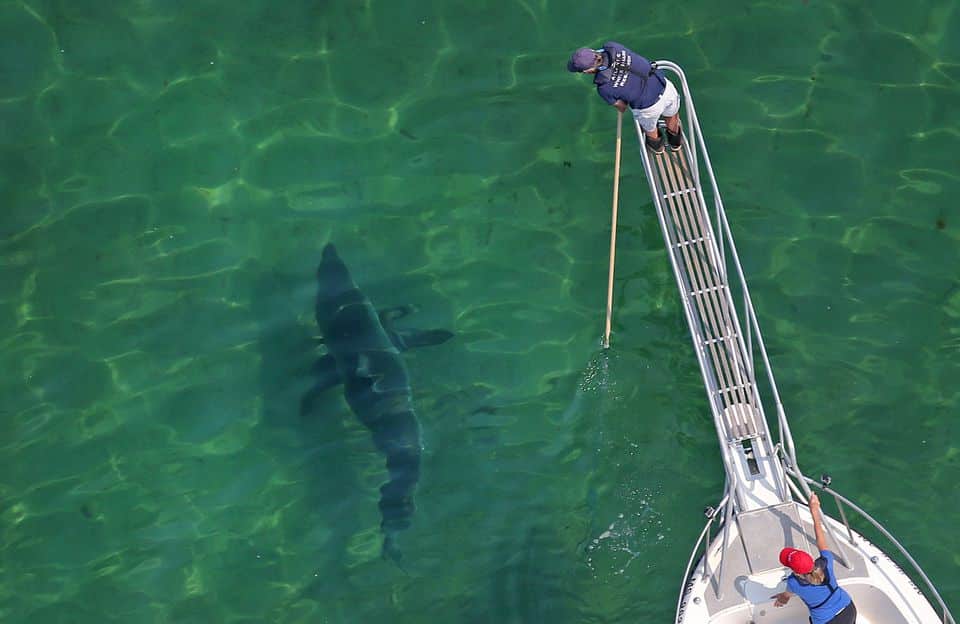
7. Americans Are Spotting More Sharks in the Water. Here’s Why That’s a Good Thing
It may feel like you’ve been hearing about shark sightings more often this summer, and that might be the case. There are signs that some shark populations off US coasts are slowly rebounding after decades of dramatic declines – the result of longtime conservation efforts across the country that are beginning to pay off. More sharks don’t necessarily make beaches more dangerous.
The key to staying safe is more information for beachgoers. Drones are among the most helpful bite-prevention tools and can help inform beach crowds when sharks are circling nearby. There are also individual measures anyone can take to keep safe. Stay in clear water and avoid areas with low visibility. And if you see schools of fish (especially if they’re jumping out of the water), get out of the water or move further away to avoid any accidents.

8. Controversial NOAA Research May Be Driving Killing of Endangered Sharks at Fishing Tournaments
The National Oceanic and Atmospheric Administration, one of the US government’s premier scientific agencies, is helping drive the killing of sensitive shark species by encouraging reckless sport fishing, according to an investigation. NOAA directed hundreds of thousands of dollars in research funding into instances where sharks bite off a piece of a different fish that’s already been hooked, encounters known as “depredations” or “bite-offs,” according to government documents obtained by The Nation.
NOAA said it doesn’t operate or sponsor any tournaments that include shark-hunting, and that all such events must comply with federal law. “The US Atlantic Ocean has some of the best-managed and sustainable shark fisheries in the world,” the agency said in a statement. “NOAA Fisheries manages all of these species to end overfishing and rebuild populations consistent with the Magnuson-Stevens Fishery Conservation and Management Act.
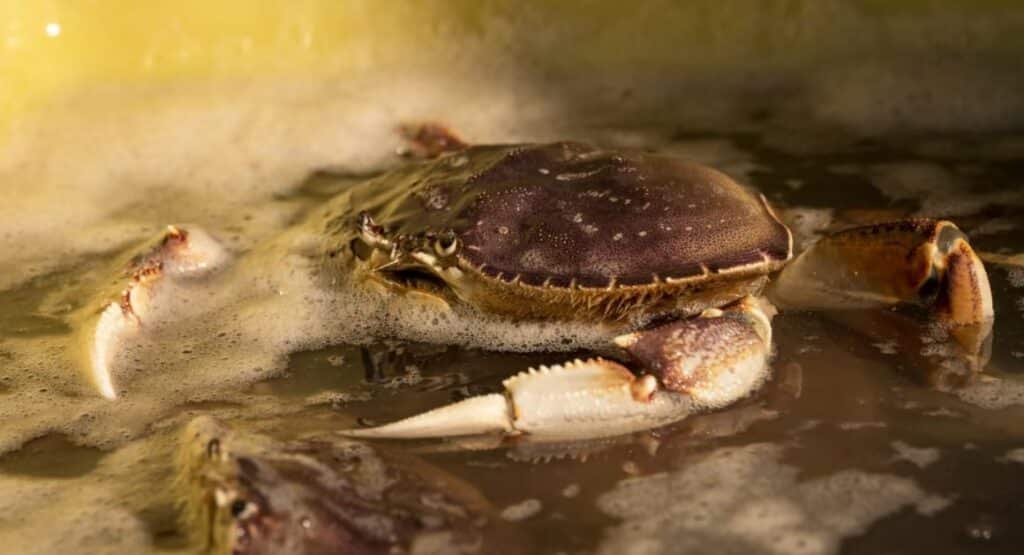
9. Sea Life’s Sense of Smell Is Going Haywire
Dungeness crabs hunt by flicking their chemical-detecting antennae to and fro. Sensing the water—the underwater equivalent of sniffing the air—is a well-known strategy for homing in on potential prey.
But that timeless tactic appears to be at risk, as new research shows that climate-change-induced ocean acidification seems to cause Dungeness crabs’ antennae to falter. Researchers at the University of Toronto at Scarborough put Dungeness crabs in water just slightly more acidic than normal—conditions that could be widespread in the near future if humans continue to emit a high level of greenhouse gases.
They found that the animals need to be exposed to cadaverine, a food-signaling chemical, at a concentration 10 times higher than normal before they registered its presence. Many marine creatures use chemical cues to spot food, locate potential mates, or avoid nearby predators. Unsurprisingly, disrupting an animal’s ability to detect key chemical cues can alter its behavior.
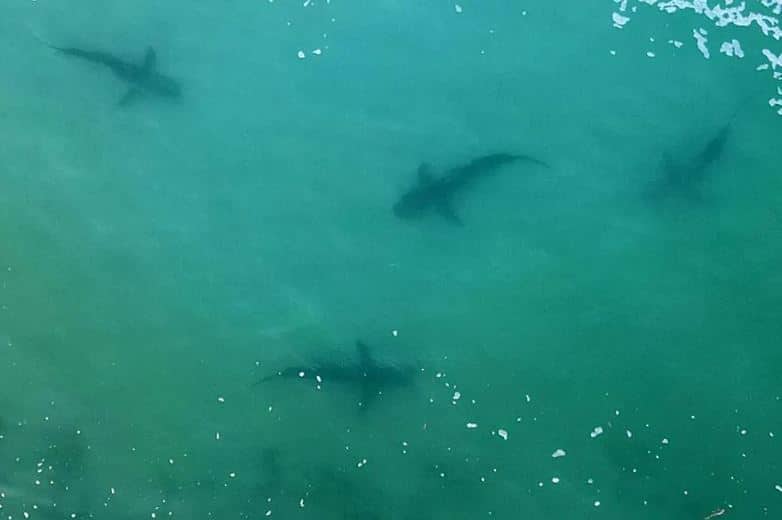
10. Critical Research to Study Mediterranean Sharks Receives National Geographic Funding
University of Haifa researchers have received a substantial $100,000 grant from National Geographic Wayfinder to conduct a groundbreaking study to track the movement of sharks in the eastern Mediterranean Sea (EMS). Home to a rich and diverse marinescape, its biodiversity encompasses a wide range of marine organisms, including fish, invertebrates, corals, marine mammals, and seabirds. Despite the region’s climate change challenges, sharks thrive in this basin, and the researchers aim to unravel the reasons behind their resilience.
Led by National Geographic Explorer Dr. Aviad Scheinin from the University of Haifa’s Morris Kahn Marine Research Station, and supported by Dr. Leigh Livne (a postdoc in his lab), the project collaborates with partners across the EMS to combine research and education for long-term conservation outcomes. The Wayfinder grant is crucial to pinpointing the movement and reproduction of sharks and why they return to specific hotspots year after year.
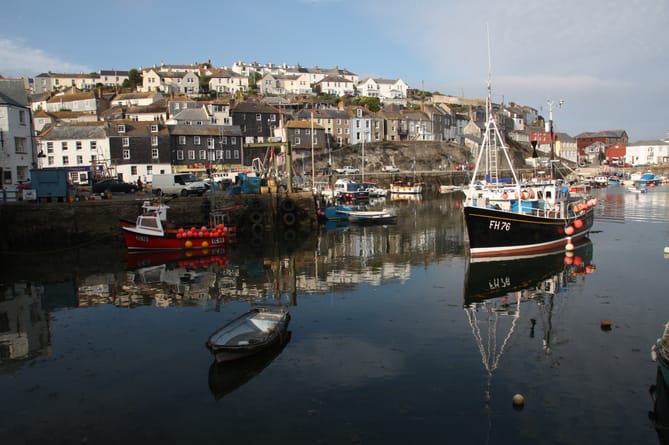
11. Fishing Industry Support: Not Going Far Enough?
The extent of support for the fishing industry is under scrutiny, with debates arising over its effectiveness in promoting sustainable practices. While the fishing industry plays a vital role in global food supply security, concerns persist about overfishing and the health of marine ecosystems. Some argue that current support measures may fall short in addressing the long-term sustainability of fish stocks and ocean health.
Striking a balance between meeting economic needs and conserving marine resources is at the heart of this ongoing dialogue. As the world grapples with the challenges of a growing population and environmental changes, finding solutions that ensure the livelihoods of fishing communities while safeguarding our oceans’ future becomes an imperative. The way forward lies in comprehensive policies that harmonize economic interests with marine conservation goals.
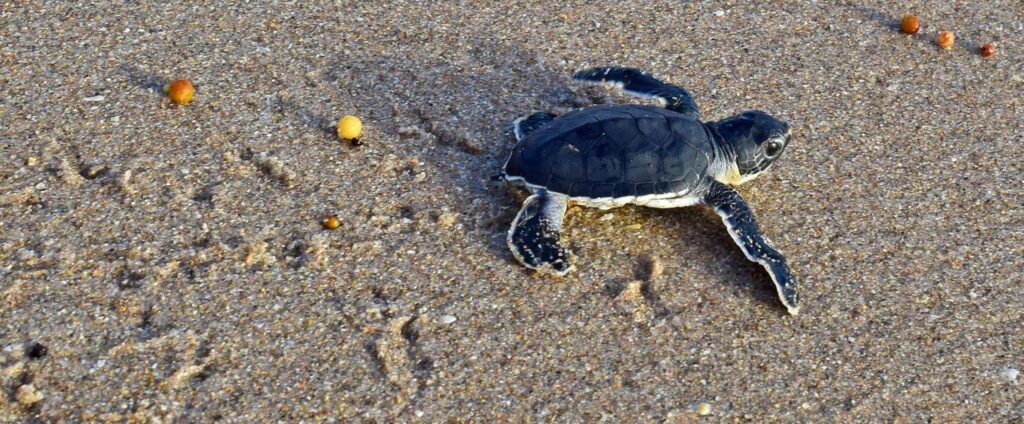
12. Addressing Sea Turtle Monitoring Concerns in Palm Beach
Palm Beach is taking proactive steps to address concerns surrounding sea turtle monitoring. As these gentle creatures continue their annual nesting rituals, the community is committed to ensuring their safety and well-being. With increasing urbanization and human activities along coastal areas, sea turtle habitats face various challenges. Conservationists, local authorities, and concerned citizens are collaborating to implement measures that mitigate potential risks and disturbances to these marine inhabitants.
By striking a balance between human activities and the preservation of natural habitats, Palm Beach exemplifies the importance of harmonizing coastal development with marine conservation efforts. As a beacon of responsible stewardship, these endeavors underscore the significance of collective actions in safeguarding our oceans’ delicate balance.
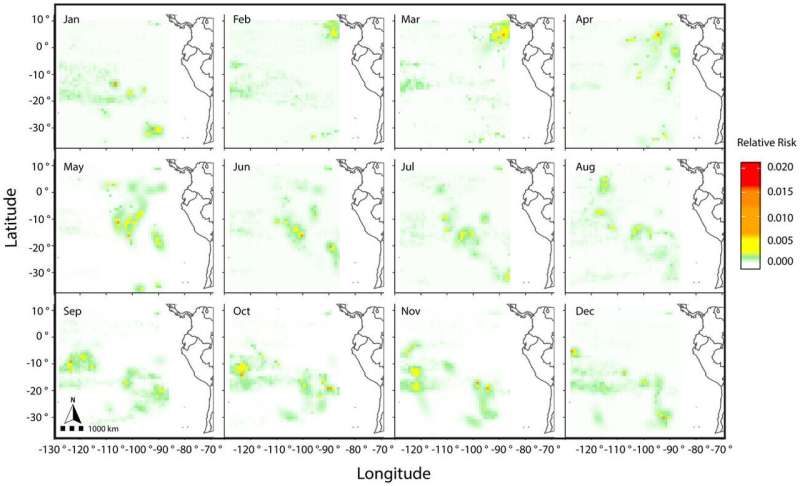
13. Revolutionizing Marine Research with Innovative Tools
Unlock the mysteries of the ocean through advanced technology. Researchers are employing innovative tools to explore the depths, revealing hidden marine secrets. These cutting-edge methods provide unprecedented insights into underwater ecosystems, shedding light on the intricate balance of marine life and environmental changes. Dive into the world of marine science, where innovation is shaping our understanding of the vast blue expanse.
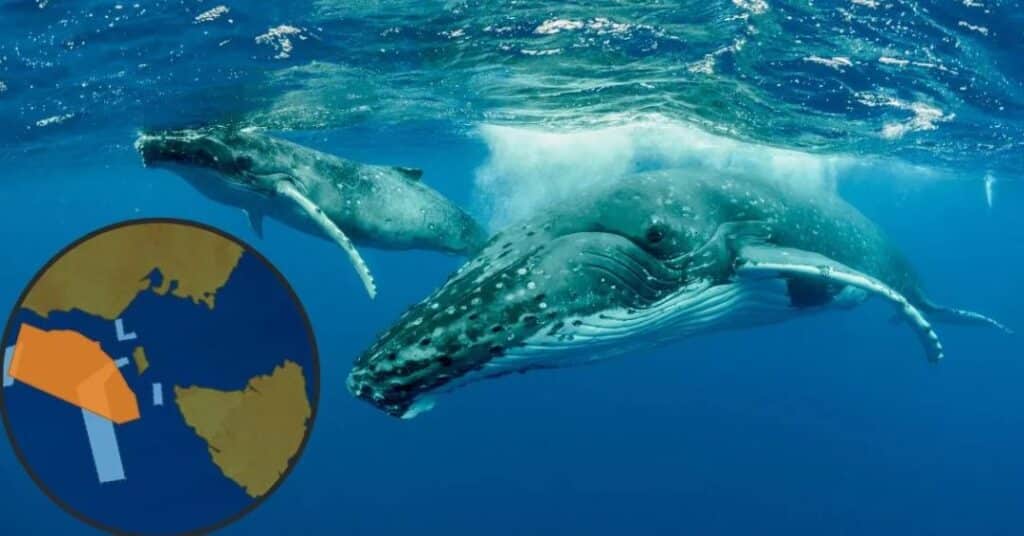
14. Seismic Blasts Pose Threat to Whales and Marine Ecosystems
The proposed seismic blasts off the Victoria-Tasmania coast have raised alarm bells among marine conservationists. The potential harm to whale populations and delicate marine ecosystems underscores the need for careful consideration. Experts and advocates are voicing concerns over the impact of such activities, emphasizing the importance of safeguarding marine biodiversity. The balance between economic interests and ecological well-being is at the heart of this issue, prompting conversations about responsible practices in our oceans.
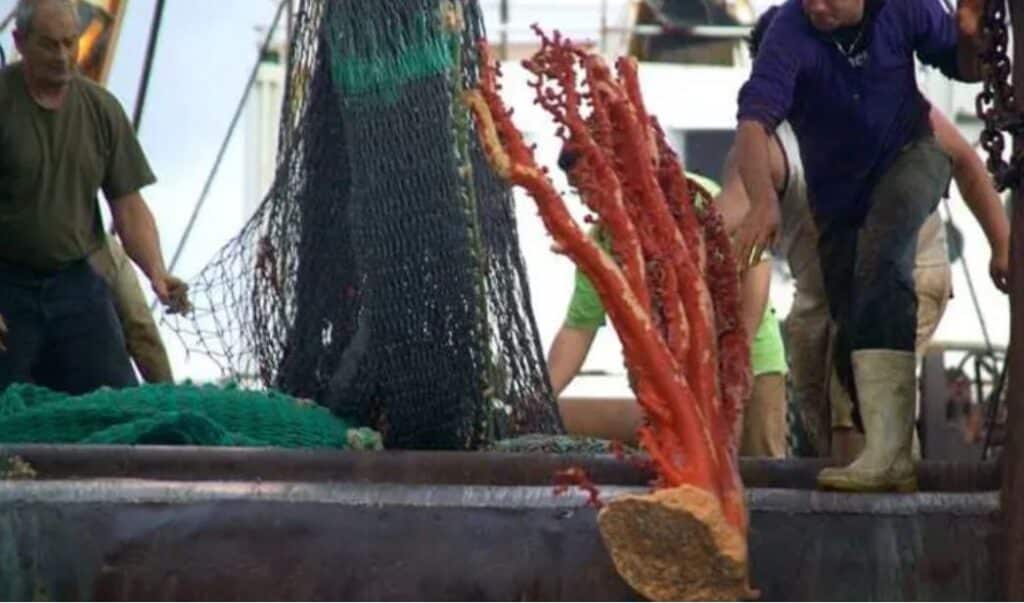
15. Fisheries Plan Leaves Subsidy Door Ajar
The latest fisheries plan has sparked debates around subsidies in the context of marine conservation. The decision to leave the subsidy door open raises questions about sustainable practices and their financial implications. Some argue that subsidies can inadvertently hinder progress in marine conservation efforts, while others see them as essential for supporting fishing communities.
Striking a balance between economic interests and environmental stewardship is a complex challenge. The fisheries plan’s approach to subsidies will play a significant role in shaping the future of marine resource management and ensuring the longevity of our oceans’ health.
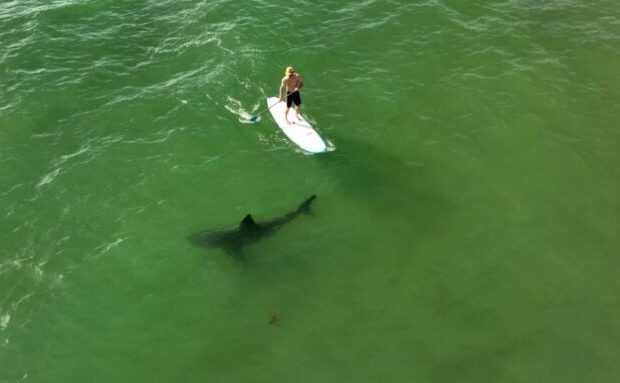
16. Sharks Make a Comeback: Conservation Efforts Bear Fruit
In a heartening turn of events, shark populations are showing signs of slow recovery due to dedicated conservation efforts. The reversal in their decline highlights the positive impact of initiatives aimed at protecting these vital apex predators. Experts attribute this success to a combination of factors, including stricter fishing regulations and increased awareness of their importance in maintaining marine ecosystems’ balance.
While challenges persist, the resurgence of shark populations is a beacon of hope, emphasizing the power of collaborative conservation endeavors. This success story encourages continued efforts to safeguard marine biodiversity and the delicate harmony that sustains ocean life.
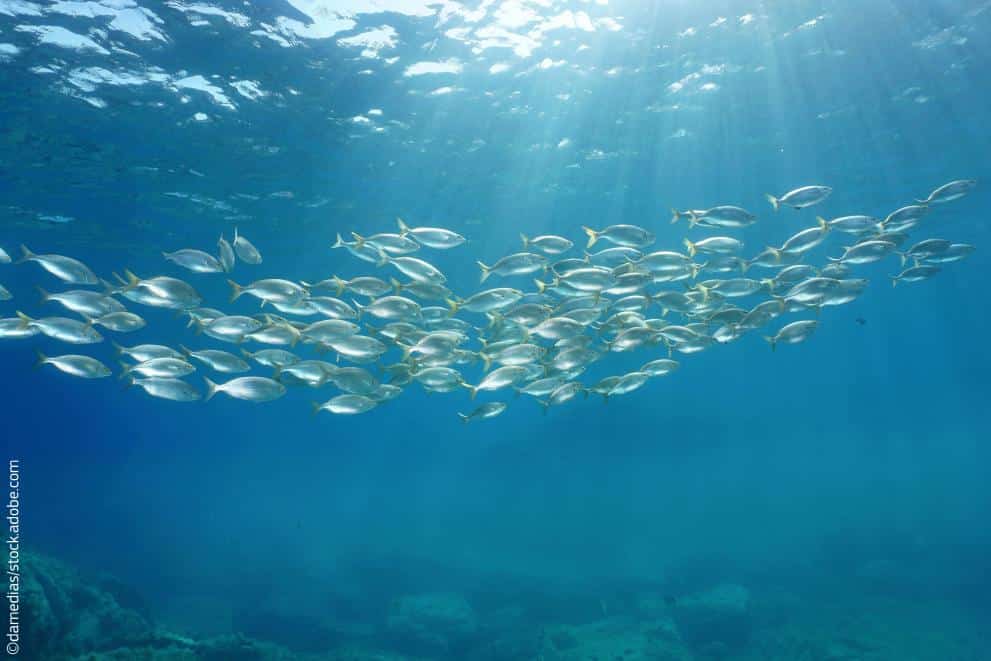
17. EU’s Progress Towards Sustainable Development Below Water
The European Union’s commitment to implementing UN Sustainable Development Goal 14 (Life Below Water) is making waves. Through a range of initiatives and policies, the EU is striving to protect and conserve marine ecosystems. From promoting sustainable fishing practices to addressing plastic pollution, their efforts are contributing to the health and well-being of oceans and coastal communities.
By focusing on collaborative solutions, the EU is taking crucial steps towards ensuring the long-term sustainability of life below water. This progress serves as a reminder of the importance of international cooperation in safeguarding our oceans for future generations.
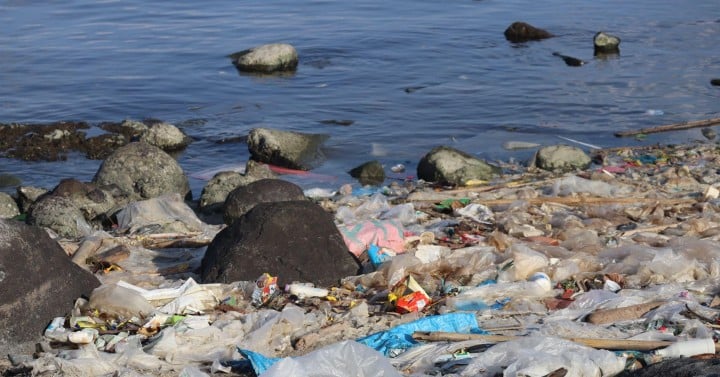
18. South Korean Grant Empowers Plastic Pollution Battle
The fight against plastic pollution receives a boost with a South Korean grant extended to the Philippines and Timor-Leste. The grant’s allocation to combat plastic waste aims to strengthen both countries’ efforts in reducing marine pollution. By supporting innovative initiatives, such as waste management programs and awareness campaigns, the grant aims to curb plastic’s detrimental impact on oceans and marine life.
This collaborative approach exemplifies the global commitment to address a pressing environmental issue and emphasizes the importance of international cooperation in safeguarding marine ecosystems.

19. Unveiling Underwater Mysteries: Shipwrecks and Marine Life
Venture into the depths of the ocean as exploration uncovers fascinating shipwrecks and marine wonders. Beyond their historical value, these submerged relics become intricate ecosystems, hosting diverse marine life. The interaction between nature and history provides unique insights into the coexistence of marine creatures and artifacts.
This underwater journey not only sheds light on the past but also highlights the interconnectedness of marine ecosystems and their ability to adapt to changing environments. Dive into the exploration of these hidden treasures, where history meets marine biology in a captivating display of nature’s resilience.
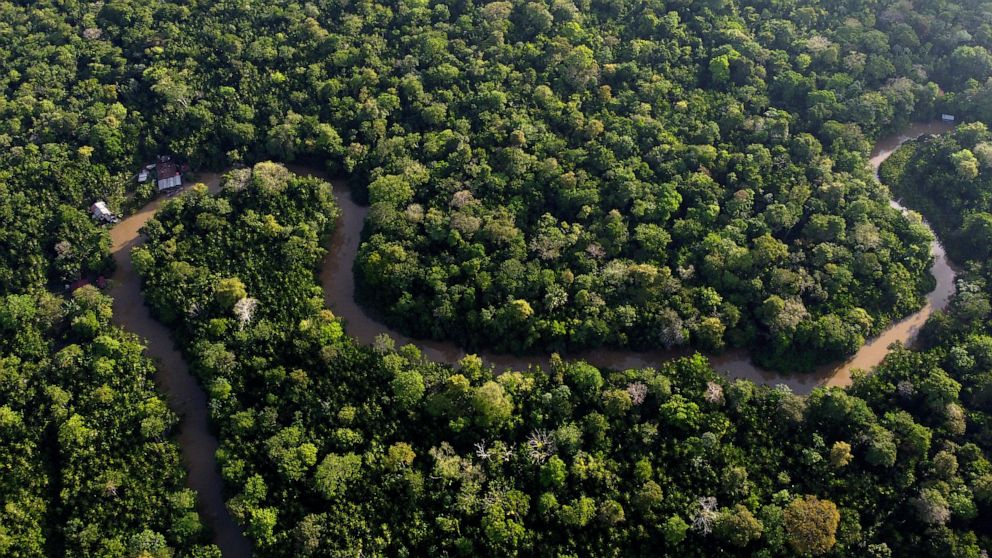
20. Amazon Rainforest Nations Unite for Preservation
Amazon rainforest countries convene in Brazil to address conservation and sustainable development. The summit highlights the significance of protecting this vital ecosystem. Talks encompass strategies to combat deforestation and promote responsible land use. The Amazon’s role in global climate regulation and biodiversity preservation takes center stage. International collaboration in preserving this natural treasure is crucial.
Meanwhile, a proposed initiative seeks to protect a substantial portion of the rainforest by creating the Belem Reserve. The proposal aims to balance ecological preservation with economic growth. However, debates arise regarding potential limitations on land use. The journey to safeguard the Amazon involves complex negotiations between conservation and development, exemplifying the intricate balance required to secure our planet’s future.

21. Climate Change’s Impact on Fast-Growing Areas
The convergence of rapid urban growth and climate change is a pressing concern. Fast-growing regions are at the crossroads of development and environmental vulnerabilities. As cities expand and infrastructures proliferate, their susceptibility to extreme weather events amplifies. The risks of flooding, heatwaves, and other climate-related challenges are magnified in these areas.
Consequently, discussions around sustainable urban planning, resilient infrastructure, and adaptive strategies are crucial. Finding a harmonious balance between development aspirations and climate resilience is paramount to safeguarding communities and their future.

22. Concerns about Climate Change Education in Florida’s PragerU Curriculum
Debates swirl around Florida’s PragerU curriculum, with concerns regarding its treatment of climate change. Criticisms highlight potential distortions or omissions of scientific facts that could impact students’ understanding of climate science. Education plays a pivotal role in shaping attitudes towards climate change mitigation and adaptation.
Ensuring an accurate and comprehensive portrayal of climate science is essential for fostering informed discussions and actions among future generations. With climate change having profound implications for our planet, education that reflects scientific consensus is integral to addressing this global challenge effectively.

23. Illegal Shark and Ray Exports Thrive in Indonesia
Indonesia continues to grapple with rampant illegal exports of sharks and rays due to inadequate monitoring systems. Despite regulations in place, the lack of robust oversight perpetuates a thriving illegal trade, posing serious threats to marine species’ survival.
Addressing this issue demands a multi-faceted approach, including strengthening monitoring mechanisms, enhancing law enforcement efforts, and raising public awareness about the critical role of sharks and rays in marine ecosystems. By tackling these challenges head-on, Indonesia can work towards curbing illegal wildlife trade and ensuring the protection of its marine biodiversity. Debates swirl around Florida’s PragerU curriculum, with concerns regarding its treatment of climate change.
Criticisms highlight potential distortions or omissions of scientific facts that could impact students’ understanding of climate science. Education plays a pivotal role in shaping attitudes towards climate change mitigation and adaptation. Ensuring an accurate and comprehensive portrayal of climate science is essential for fostering informed discussions and actions among future generations. With climate change having profound implications for our planet, education that reflects scientific consensus is integral to addressing this global challenge effectively.
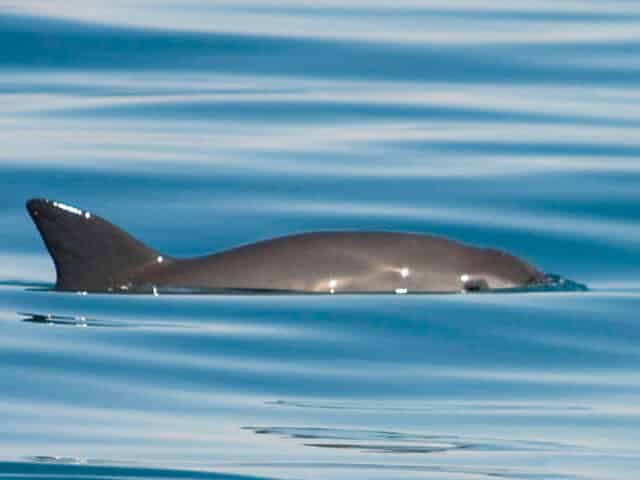
24. Vaquita: Clinging to Survival at the Brink of Extinction
The vaquita, the world’s rarest marine mammal, clings to survival on the precipice of extinction. Despite immense challenges, including accidental bycatch in illegal fishing gear, the vaquita’s resilience is a testament to the importance of conservation efforts. The vaquita’s story serves as a poignant reminder of the urgency to protect marine species and their habitats.
Collaborative international efforts and stringent measures are essential to prevent the vaquita’s tragic fate from becoming a reality. By highlighting the plight of this remarkable species, we are reminded of the collective responsibility to preserve the diversity and richness of our oceans.
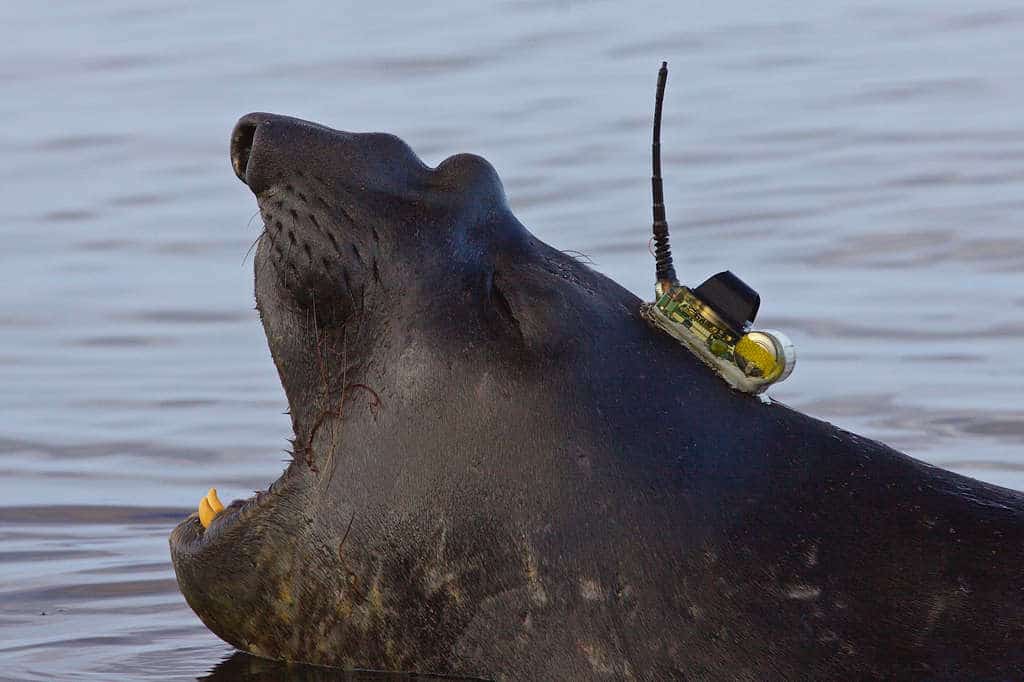
25. Seals Reveal East Antarctic Ocean Depths
Seals have inadvertently become oceanographers, providing crucial insights into unexplored ocean depths in East Antarctica. Equipped with sensors, these marine mammals offer data on temperature and salinity as they dive. The information they gather sheds light on the region’s unique marine ecosystems and their response to environmental changes.
Understanding these ecosystems is vital for comprehending climate impacts on Antarctica’s marine life and global ocean systems. The collaborative efforts of researchers and seal “citizen scientists” exemplify innovative approaches to uncovering the mysteries of our oceans.
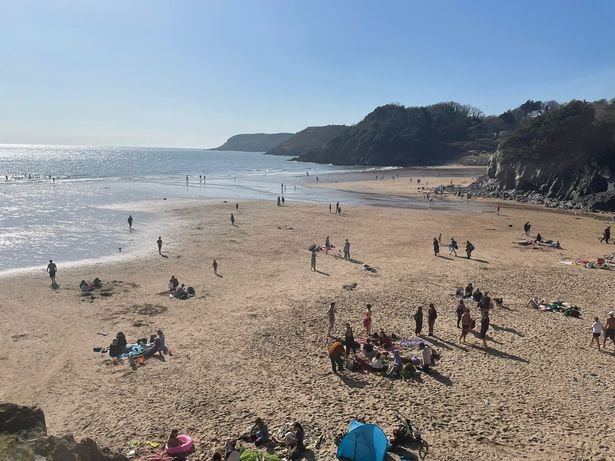
26. Disruptions to Surf School Due to Algae Bloom
An algae bloom disrupts a surf school’s operations, underscoring the intricate relationship between marine environments and human activities. Such events showcase the vulnerability of coastal communities and businesses to environmental changes. The incident highlights the interconnectedness of ecosystems and the challenges posed by climate-related phenomena.
Ensuring the sustainability of ocean-based industries requires comprehensive strategies that consider both economic aspirations and environmental health. This event serves as a reminder that our actions can have cascading effects on marine ecosystems and underscores the need for proactive measures to minimize such impacts.

27. Indigenous Perspectives in Federal Ocean Research Advisory Panel
A Northern Chumash Tribal Council chairwoman’s selection for a federal ocean research advisory panel brings Indigenous perspectives to marine conservation conversations. Indigenous knowledge contributes invaluable insights into sustainable resource management and ecosystem preservation.
Their involvement ensures a more holistic understanding of marine environments and fosters collaboration between scientific expertise and traditional wisdom. Indigenous voices are essential for shaping policies that address marine conservation and the protection of coastal ecosystems.
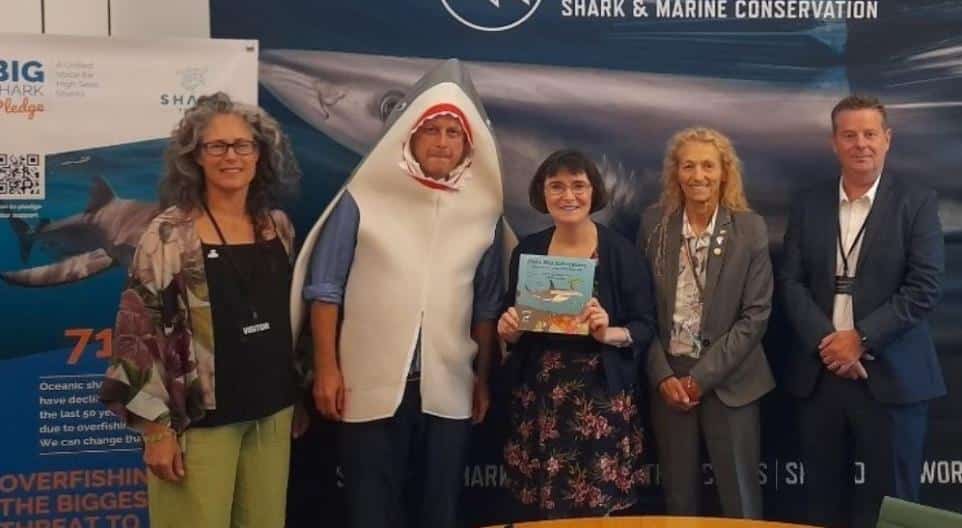
28. UK Bill to Protect Sharks by Banning Shark Fins Gains Support
The Shark Fins Act 2023, brought forward by Christina Rees MP and recently passed in the House of Commons, has been hailed as an important step for shark conservation. The bill prohibits the import and export of shark fins and makes provision relating to the removal of fins from sharks.
Patricia Gibson, a Member of Parliament for North Ayrshire and Arran and a politician from the Scottish Nationalist Party, has backed this bill to ban the import and export of shark fins in the UK. Gibson recently met with representatives from Shark Guardian, which campaigns to help save sharks and the oceans. She also met with representatives from The Shark Trust and learned more about why more than three-quarters of oceanic sharks and rays are at risk of extinction due to the destructive impact of overfishing.
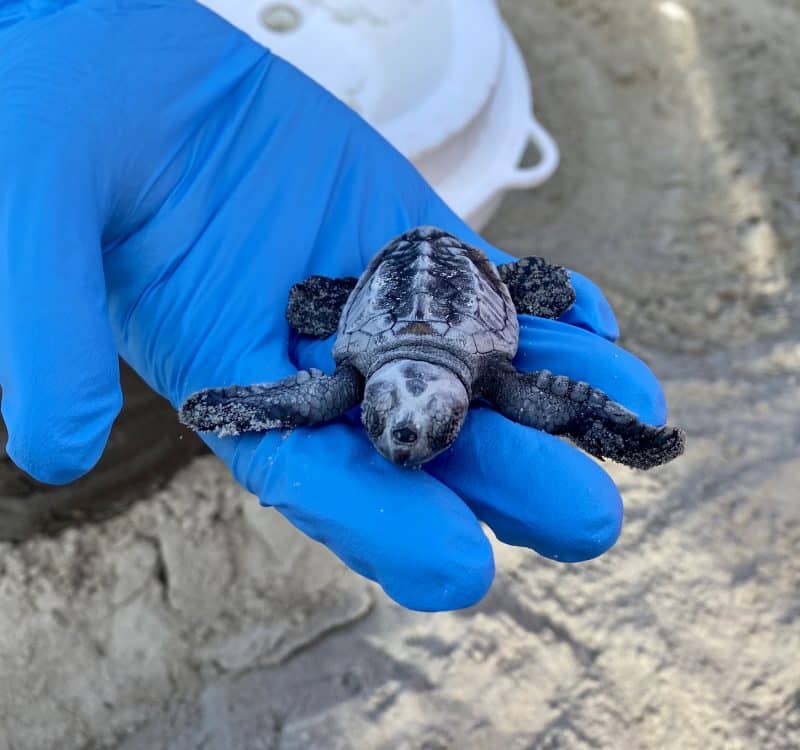
29. Sea Turtle Hatching Season Begins on Cape Hatteras National Seashore
For the past few days, several turtle eggs have been hatching and many more are approaching their hatching window as the turtle hatching season begins on Cape Hatteras National Seashore (CHNS). Seaturtle.org, which tracks nesting activity across the world, has documented a total of 338 nests so far within the area putting 2023 in line with other record-breaking years in the recent past.
With this in mind, beachgoers are being asked to follow a few steps to ensure the safety of turtles such as removing beach equipment immediately and covering holes in the sand when leaving. In addition, park biologists are installing black filter fencing on nests within their hatching window and visitors staying in oceanfront accommodations are being encouraged to turn off outdoor lights and close their blinds after dark to help reduce light pollution.

30. Most Americans Disapprove of Biden’s Handling of Climate Change, Poll Shows
President Joe Biden’s climate image remains a major political liability going into the 2024 election, new polling suggests, even as states begin to tap hundreds of billions of dollars made available for clean energy and other climate-related projects under the Inflation Reduction Act, the climate law that dedicates about $370 billion to efforts to bring down the nation’s carbon emissions, boost the development of clean energy and reduce the persistent pollution disparities faced by historically marginalized communities.
Some 57 percent of Americans disapprove of Biden’s handling of climate change, according to a new poll conducted jointly by The Washington Post and the University of Maryland. In fact, the recent surveys show that while majorities of both Democrats and Republicans disapprove of Biden’s climate efforts, their reasons for disapproving are very different, with liberals wanting Biden to do more and conservatives believing the president is overstepping his authority.
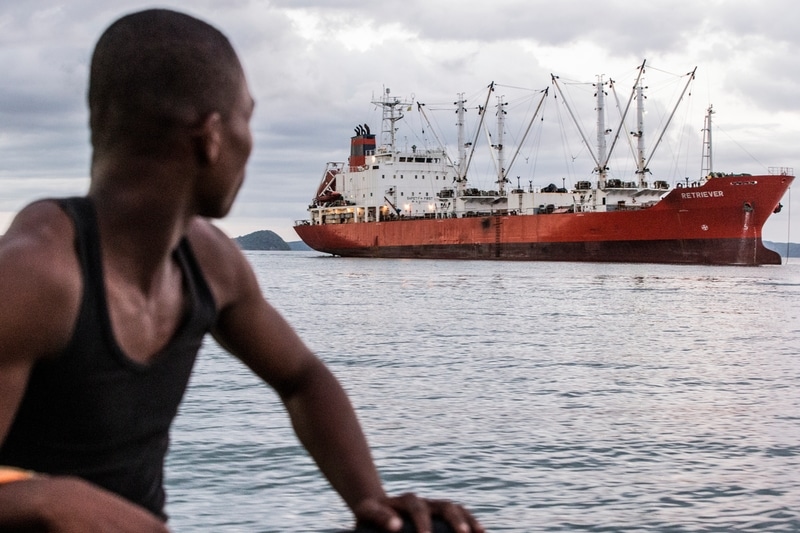
31. Madagascar Signs New ‘Sustainable’ Tuna Deal With the EU
In late June, Madagascar and the European Union struck a new four-year deal allowing fishing vessels flagged to EU countries to resume harvesting tuna in Madagascar’s waters after an unusual four-and-a-half-year gap. The EU says the deal benefits Madagascar by providing key funding to support fisheries governance, and civil society groups praised the Madagascar government for creating a more inclusive and transparent negotiating process than in the past.
However, critics argue that the deal benefits neither the Malagasy people nor the European public to a large degree, but rather a narrow set of private interests: fishing companies. They point out that the three main commercial tuna species in the Indian Ocean are overfished, and they say the EU will merely be adding to the overexploitation.
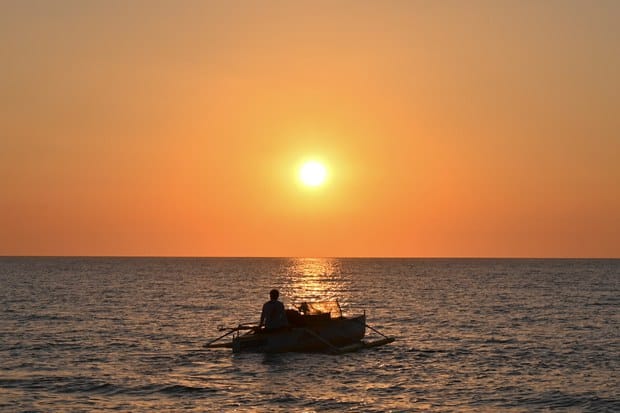
32. New South China Sea Marine Survey Shows Need for International Cooperation
Resources sit at the heart of regional competition in the South China Sea, and core among them is fisheries. Yet efforts to establish effective regional fisheries management remain mired in political tensions and territorial disputes. A recent survey of scientists, analysts and security professionals in and around the South China Sea region highlighted the link between environmental and food security and traditional security.
Respondents noted the importance of scientific research, data collection and dissemination, and science-based inputs into the policy sphere as one key factor to both manage regional fisheries and to influence broader strategic decisions. Fortunately, there already are historical precedents for oceanic international collaboration, even among states that are not closely aligned. Further, It is encouraging that the China-ASEAN Plan of Action on a Closer Partnership of Science, Technology and Innovation plan (2021-2025) was agreed upon to explore new and sustainable science-driven cooperation mechanisms.
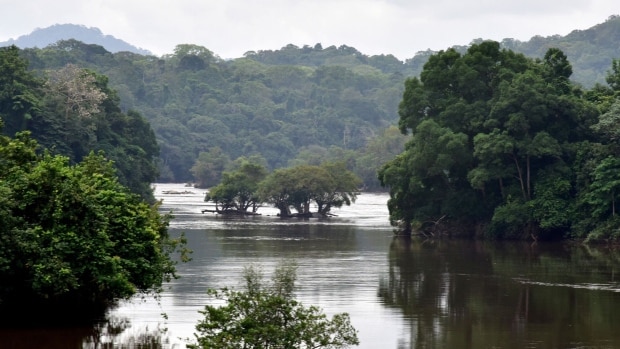
33. Gabon Refinances Debt-for-Nature Bonds
Pricing on a new bond backing Gabon’s debt-for-nature swap proved to be more difficult than anticipated due to broader interest-rate volatility, but the buyback offer to fund ocean conservation got a good response, with more than US$1.1bn of bonds tendered and the African sovereign agreeing to accept close to its maximum US$450m. Some bankers questioned how much savings the country would achieve, but noted that refinance risk was reduced.
The new issue priced at par to yield 6.097% but adding the cost of political risk insurance could take the overall cost to around 7.50%, excluding fees and other expenses. Before the deal priced, Moody’s said that the transaction would free up some US$125m for “biodiversity protection and nature-based resilience” and that the deal would provide annual funding of US$5m for the next 15 years and an endowment to meet later costs.
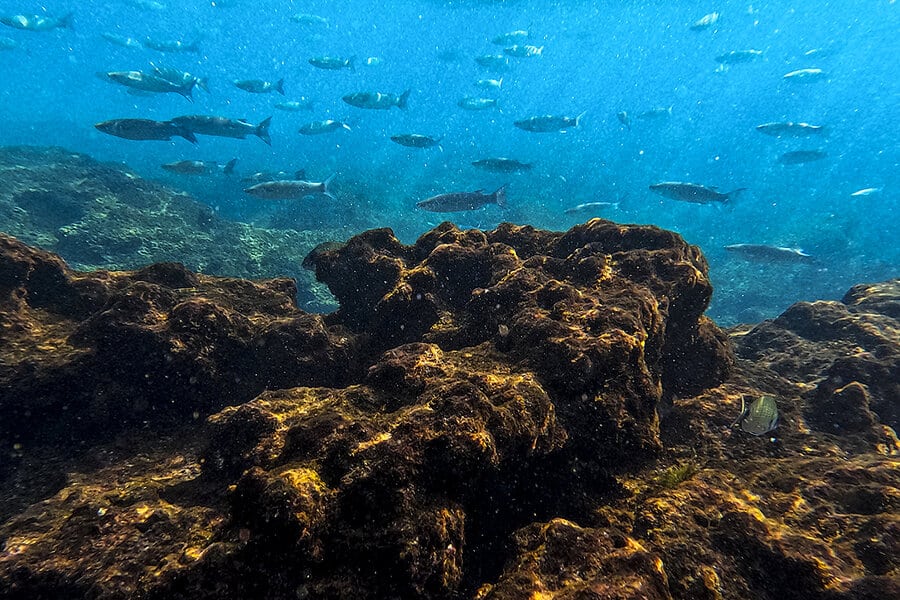
34. As Oceans Heat Up, Nature-Based Solutions and Collaborative Efforts May Help
Last year was the warmest to date for oceans, in records going back to the 1800s. Further records have been smashed this year, with global sea surface temperatures reaching unprecedented levels every month so far since May. The warming trend has big implications for ocean life. Researchers are sounding warnings but are also pointing toward possible solutions – some of which appear to be gaining momentum over the past year.
Further, in the quest to safeguard ocean life, a common thread may be the importance of collaboration, whether the efforts are local or global in scope. The second link below discusses nature-based solutions, specifically using evidence-based target setting to inform blue carbon strategies. The third link explains why mangroves’ capacity to store carbon — up to five times more than upland tropical forests — makes them a powerful natural solution for reducing greenhouse gas emissions and tackling climate change.
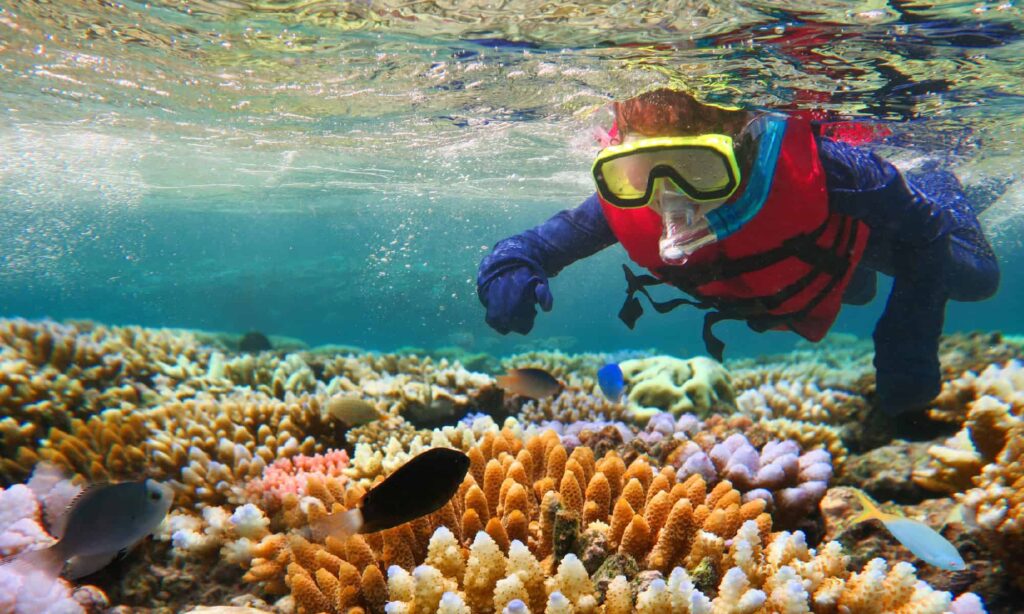
35. The State of the Largest Coral Reefs in the World
Coral reefs are called the rainforests of the ocean for their robust biodiversity. However, climate change, tourism and other human actions are threatening the delicate ecosystems. Here’s the current state of some of the most famous coral reefs in the world. The Great Barrier Reef off the coast of Australia has made significant progress in its reef conservation but remains under serious threat.
The Coral Triangle in Southeast Asia is significantly threatened by ocean acidification and human activities including cyanide fishing. Florida coral reefs face intense threats due to climate change.Hawaii’s coral reefs are experiencing mass bleaching events, ocean acidification, and tourists “loving them to death.” The Red Sea Coral Reef located between Asia and Africa is considered an “anomaly,” potentially able to withstand heat. It could be studied to investigate how to help other reefs because it’s still in good shape compared to other reefs.
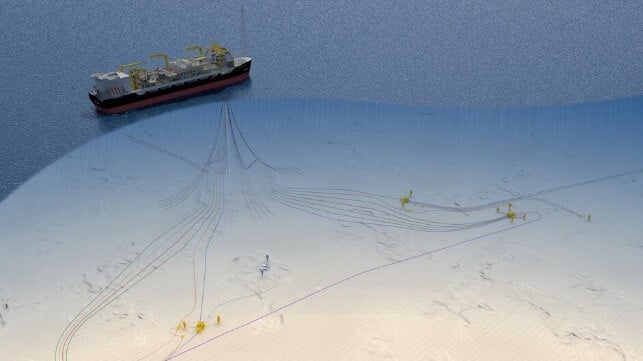
36. UK’s New Plan to “Max Out” Offshore Oil and Gas Could Hurt Marine Protected Areas
A week after the UK government announced plans to “max out” new oil and gas licenses in the North Sea, a group of environmental activists want the decision to be reconsidered because of its potential impact on local marine life. In an open letter sent to Prime Minister Rishi Sunak on Friday, a group of environmental NGOs said granting the oil and gas licenses would obliterate the UK’s climate commitments, as well as exacerbate harmful impacts in the UK’s own seas.
Rishi Sunak has defended his backing for the North Sea Oil and gas industry, arguing it is part of his efforts to make Britain more energy independent. While the UK government is convinced that new oil and gas fields will deliver energy security, some experts believe it will have a minimal impact.

37. Alabama’s Artificial Reef Program the “Best in the World”
The former oil rig known as “Beer Can Rig” off Alabama’s Gulf Coast is about to get a whole new purpose, thanks to the Alabama Department of Conservation and Natural Resource (ADCNR). It’s part of Alabama’s Rigs to Reefs program that is transforming an old rig into a habitat for marine life.
Neptune VK826, affectionately known as the “Beer Can Rig,” will be towed from its current location and sunk at a depth of 700 feet approximately 55 nautical miles south of Mobile Bay. There it will become an artificial reef, a structure that is often called an “island of life” because it supports everything from coral to pelagic fish and sea turtles. Not only will it provide a refuge for reef-associated fish, but it will also provide economic and recreational benefits.




